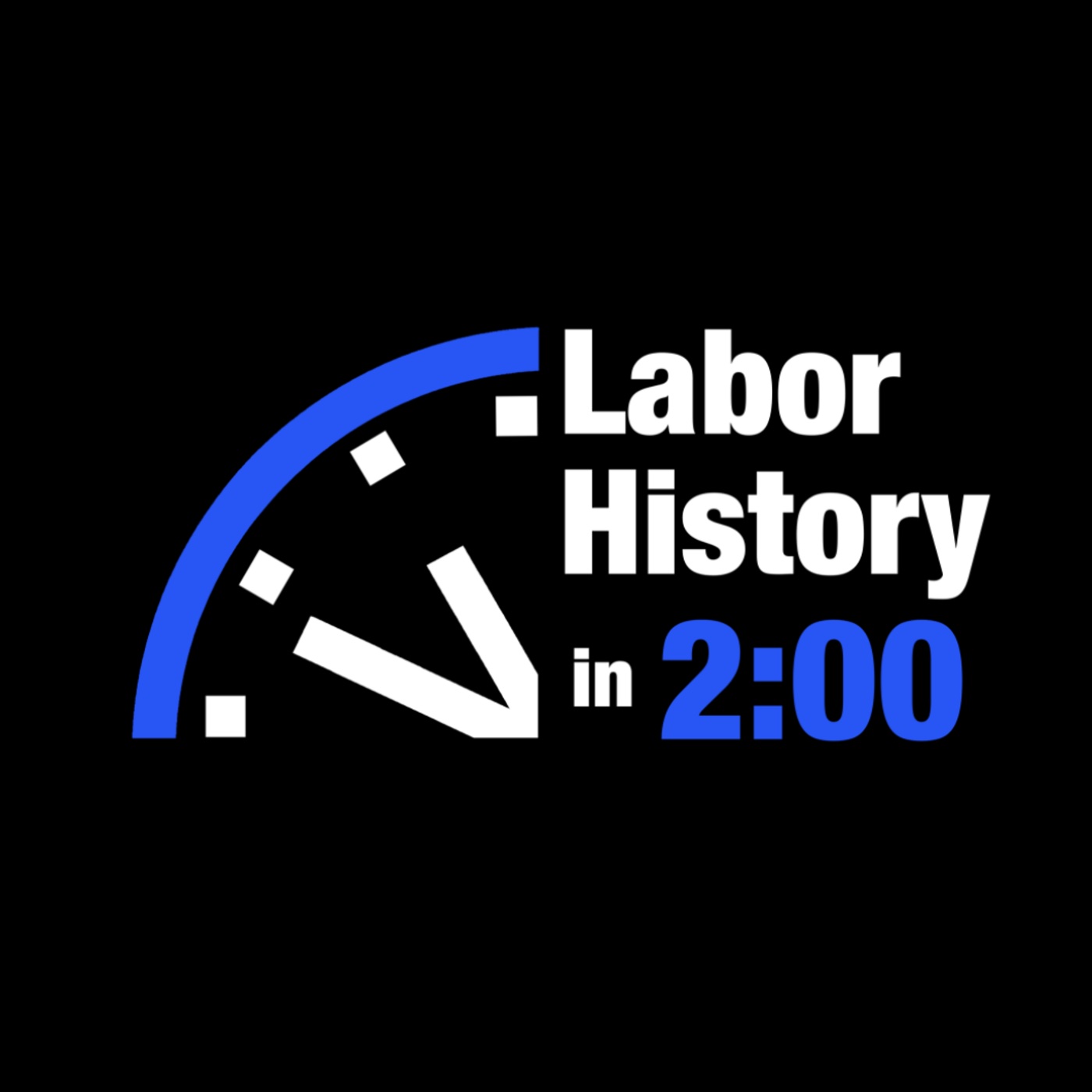Episodes

Friday Jul 04, 2025
July 4 - Freedom to Join a Union
Friday Jul 04, 2025
Friday Jul 04, 2025
Do you consider the right to join and form a union of your choosing a fundamental human right? The United Nations does! And on this day in Labor History the year was 1950. On that day the United Nations formally put into force the Freedom of Association and Protection of the Right to Organize.
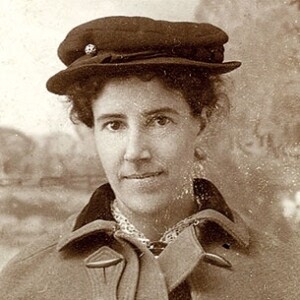
Thursday Jul 03, 2025
July 3 - Charlotte Perkins Gilman
Thursday Jul 03, 2025
Thursday Jul 03, 2025
On this day on labor history the year was 1860. That was the day Charlotte Perkins Gilman was born in Hartford, Connecticut. Her father abandoned the family when Charlotte was an infant leaving them in poverty. This forced them to move around frequently. Charlotte’s education suffered as a consequence as she attended seven schools in four years.
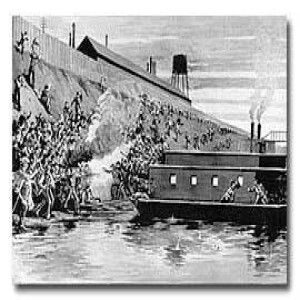
Wednesday Jul 02, 2025
July 2 - Homestead
Wednesday Jul 02, 2025
Wednesday Jul 02, 2025
On this day in Labor History the year was 1892. That was the day that 3,800 workers at the Carnegie Steel Company, in Homestead, Pennsylvania were thrown into the streets and locked out of their jobs. The plant was located seven miles south-east of Pittsburgh. The general manager of the plant, Henry Clay Frick, was determined to break the Amalgamated Association of Iron and Steel Workers union.
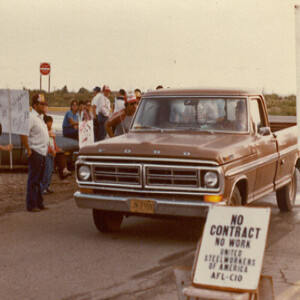
Tuesday Jul 01, 2025
July 1 - Union Busting at Phelps-Dodge
Tuesday Jul 01, 2025
Tuesday Jul 01, 2025
On this day in Labor History the year was 1983. That was the day that began a three year struggle by copper workers in Arizona.
The contract for 13 unions in the mining towns that included Clifton and Morenci had expired. Many of the workers were Latino.

Monday Jun 30, 2025
June 30 - Taking to the Streets
Monday Jun 30, 2025
Monday Jun 30, 2025
On this day in Labor History the year was 1998. If you were trying to drive to work on that Tuesday morning in mid-town Manhattan you were probably late. Forty thousand construction workers took to the streets in a massive protest. They shut down more than 200 building projects.
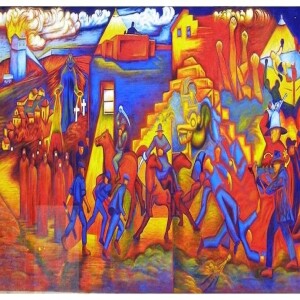
Sunday Jun 29, 2025
June 29 - Organizing Successes Bring Deportation
Sunday Jun 29, 2025
Sunday Jun 29, 2025
On this day in Labor History the year was 1936. Jesus Pallares, a Chicano miner and union organizer was deported from the United States. He was charged with having communist sympathies, and declared an “undesirable alien.”
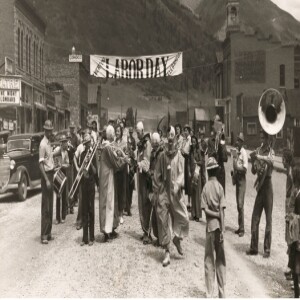
Saturday Jun 28, 2025
June 28 - Labor Day Becomes a Federal Holiday
Saturday Jun 28, 2025
Saturday Jun 28, 2025
President Grover Cleveland had a growing problem. The nation was in the midst of a deep depression.
Unrest amongst working people was mounting. The workers at the Chicago Pullman Palace Car factory had declared a boycott against the company.
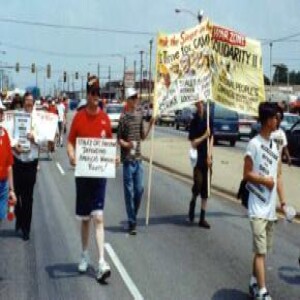
Friday Jun 27, 2025
June 27 - Locked Out at Staley
Friday Jun 27, 2025
Friday Jun 27, 2025
On this day in Labor History the year was 1993. That was the day that AE Staley locked out 763 workers at their corn processing plant in Decatur, Illinois. Labor Management relations grew increasingly hostile with foreign-owned Tate & Lile’s decision to bring in new managers. The new management ordered workers to disregarded safety regulations.
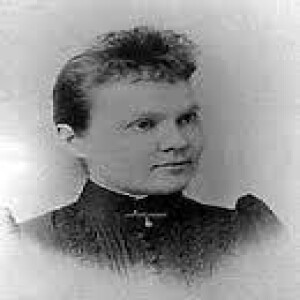
Thursday Jun 26, 2025
June 26 - Have You Heard of Jennie Curtis?
Thursday Jun 26, 2025
Thursday Jun 26, 2025
On this day Labor History the year was 1894. That was the day the American Railway union, led by Eugene Debs, voted to support the boycott of Chicago’s Pullman Palace Cars. The nation was gripped by an economic depression. The Pullman workers were on strike, because the company had severely slashed wages. But Pullman had not reduced the workers rent payments in his company town.
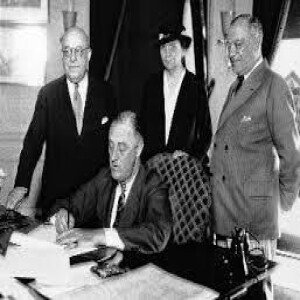
Wednesday Jun 25, 2025
June 25 - FDR Signs the Fair Labor Standards Act
Wednesday Jun 25, 2025
Wednesday Jun 25, 2025
On this day in Labor History the year was 1938. That was the day the President Franklin Delano Roosevelt signed the Fair Labor Standards Act. The night before he signed that landmark act, he addressed the nation in one his famous “fire side chats.”

